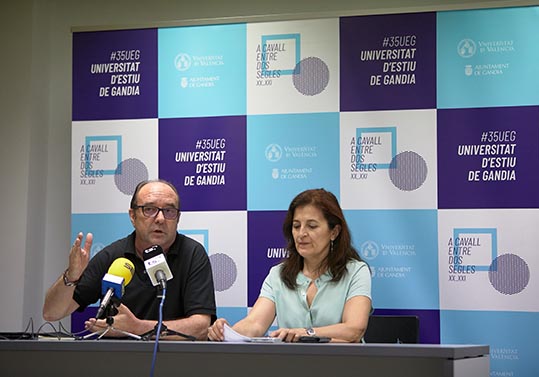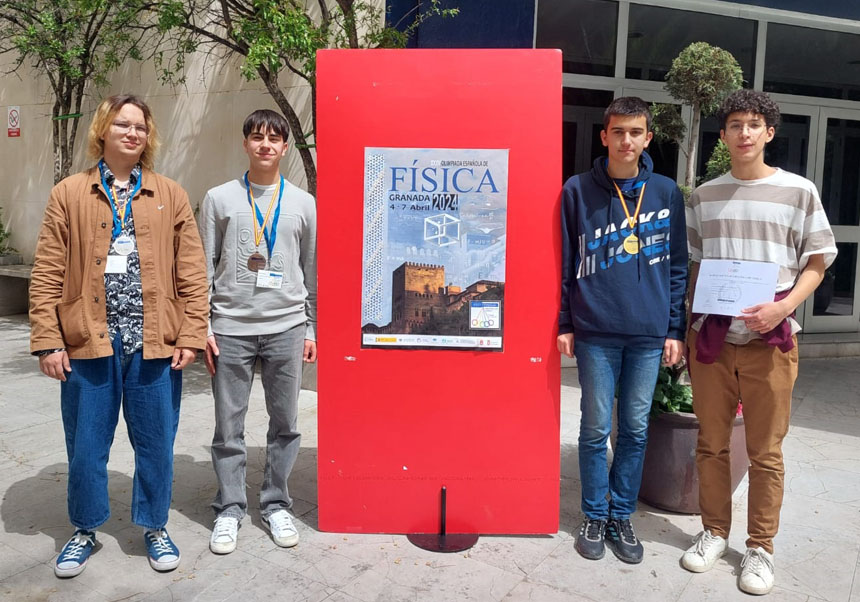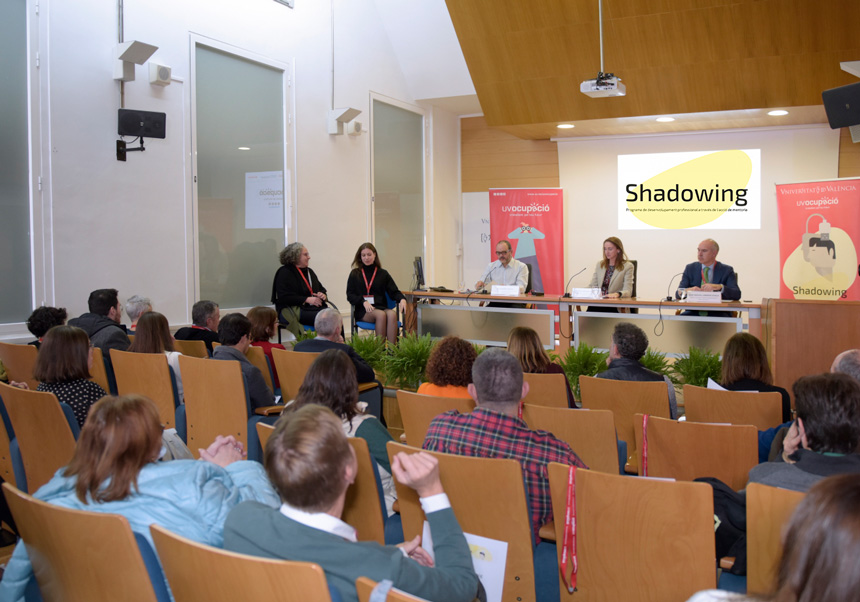Jesús Maraña defends journalism and criticises the information overloud produced by the social media
- Press Office
- July 17th, 2018

Jesús Maraña and Lola Bañón coordinate the course “Is Digital Revolution an Intellectual Regression? Journalists’ handbook in the 21st century”. They will address the changes that media have experienced in the last years, as well as the new ways a journalist receives information. According to Lola Bañón, “during these two days, we will analyse whether the technological progress applied to the media can help us build a fairer and more equalitarian society or it leads us to social, economic and political systems that limit our freedom”. Jesús Maraña will explain how journalism needs to regain its main feature: credibility.
The director of Infolibre has spoken about phenomena such as fakenews or Post-truth politics, and he has pointed out that they have consequences. Although it is considered that journalism has been in crisis for several years, there has been another crisis underneath: a crisis of journalistic business model. Journalism is more necessary now than ever because there is too much information and it can’t be processed. We have a chance to recover our credibility and our civic role.” Maraña explained that the Internet has offered the tools so that anyone can inform, analyse and give their opinion without intermediaries. This moment has coincided with another crisis. Readers distrust the media because they consider that they are working for the economic powers rather than the people. We fight for credibility and media want to demonstrate that they are trustworthy again.” Journalism requires abilities that a citizen can’t have, such as verifying the information or being responsible and even judged for what has been written.”
The role of social media is an important point of this course. Lola Bañón considers that, “although nowadays political parties are obsessed to have a presence online, it is not proved that it has a real impact on the elections. However, appearing on TV does have consequences. Social media have visibility indeed, but they do not have social incidence.” Jesús Maraña considers that, although the television is still the media with the higher influence, it is the least journalistic one because it focuses more and more on entertainment. This is a fight between journalism and banality.”
Apart from Maraña and Bañón, the directors of the Valencian edition of Eldiario.es, Adolf Beltran, and the professor of Journalism of the Universitat de València, Josep Lluís Gómez Mompart, also participate in the course.
















